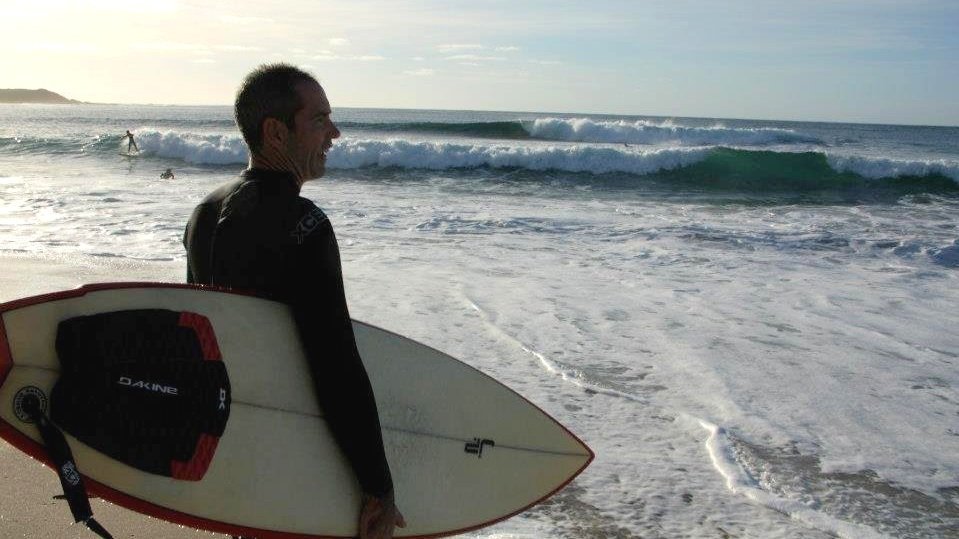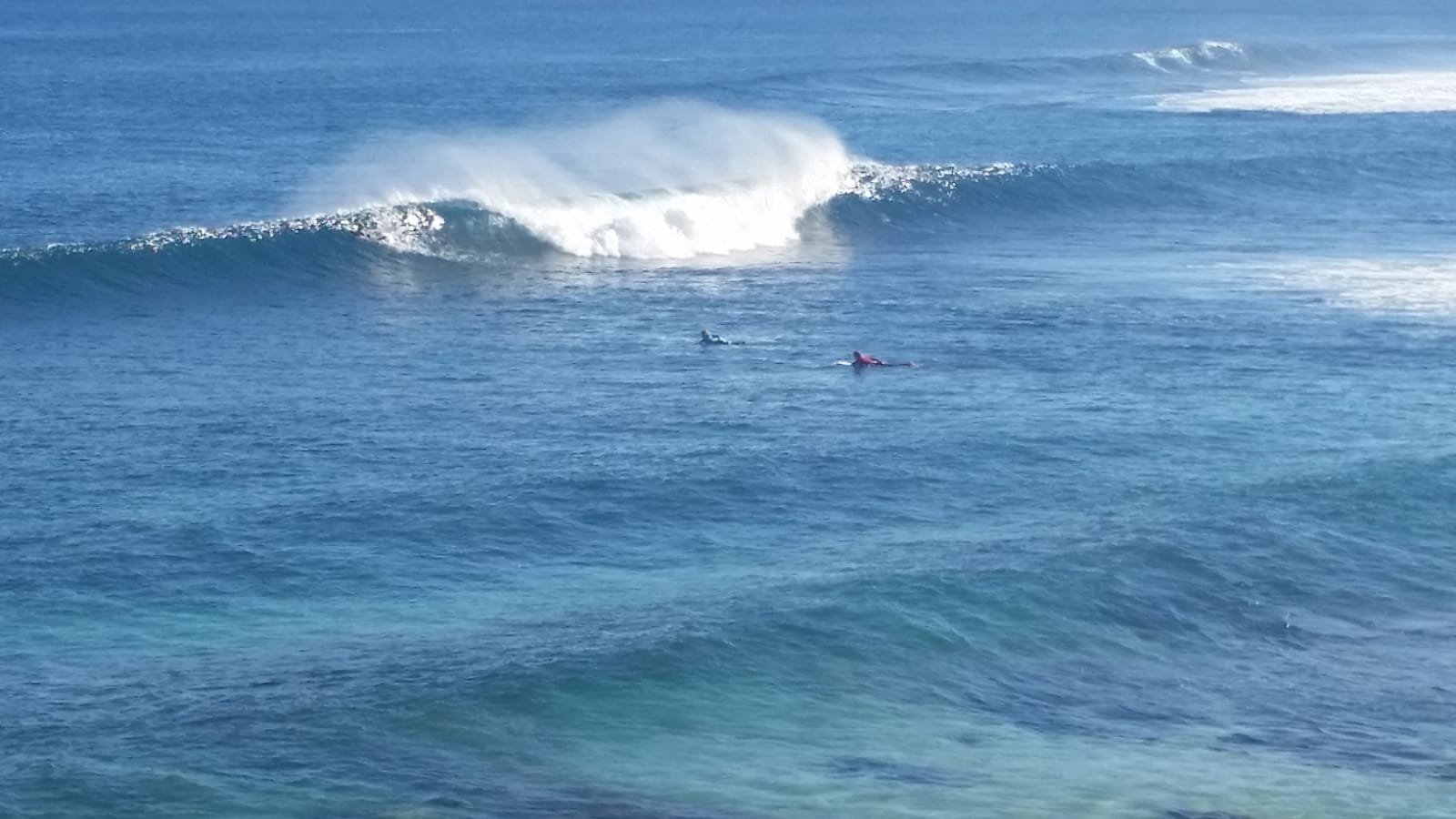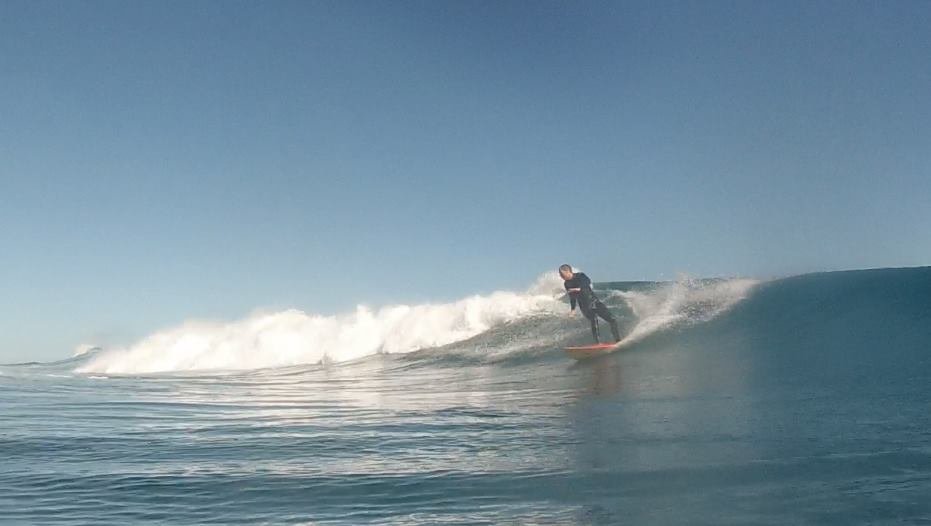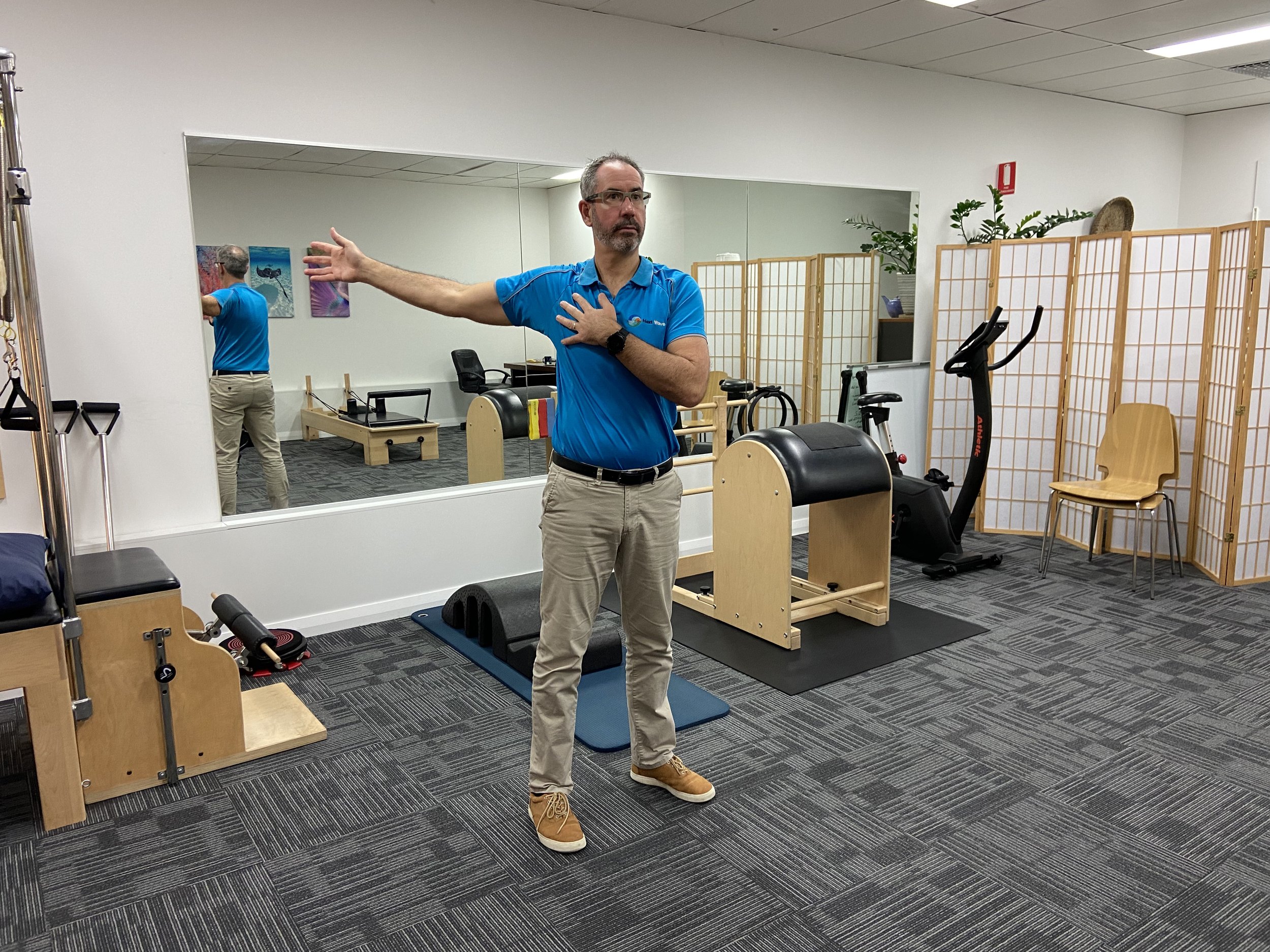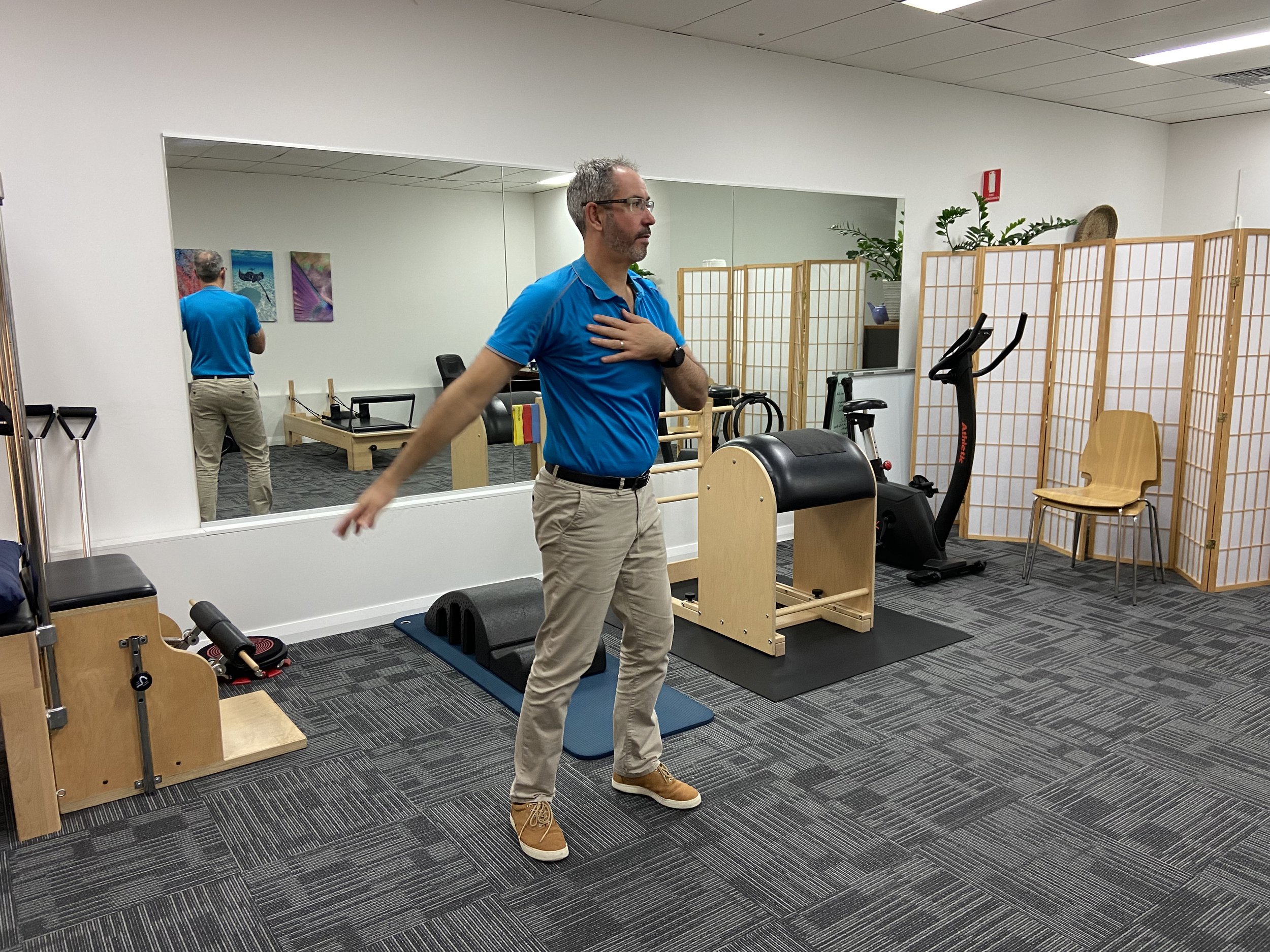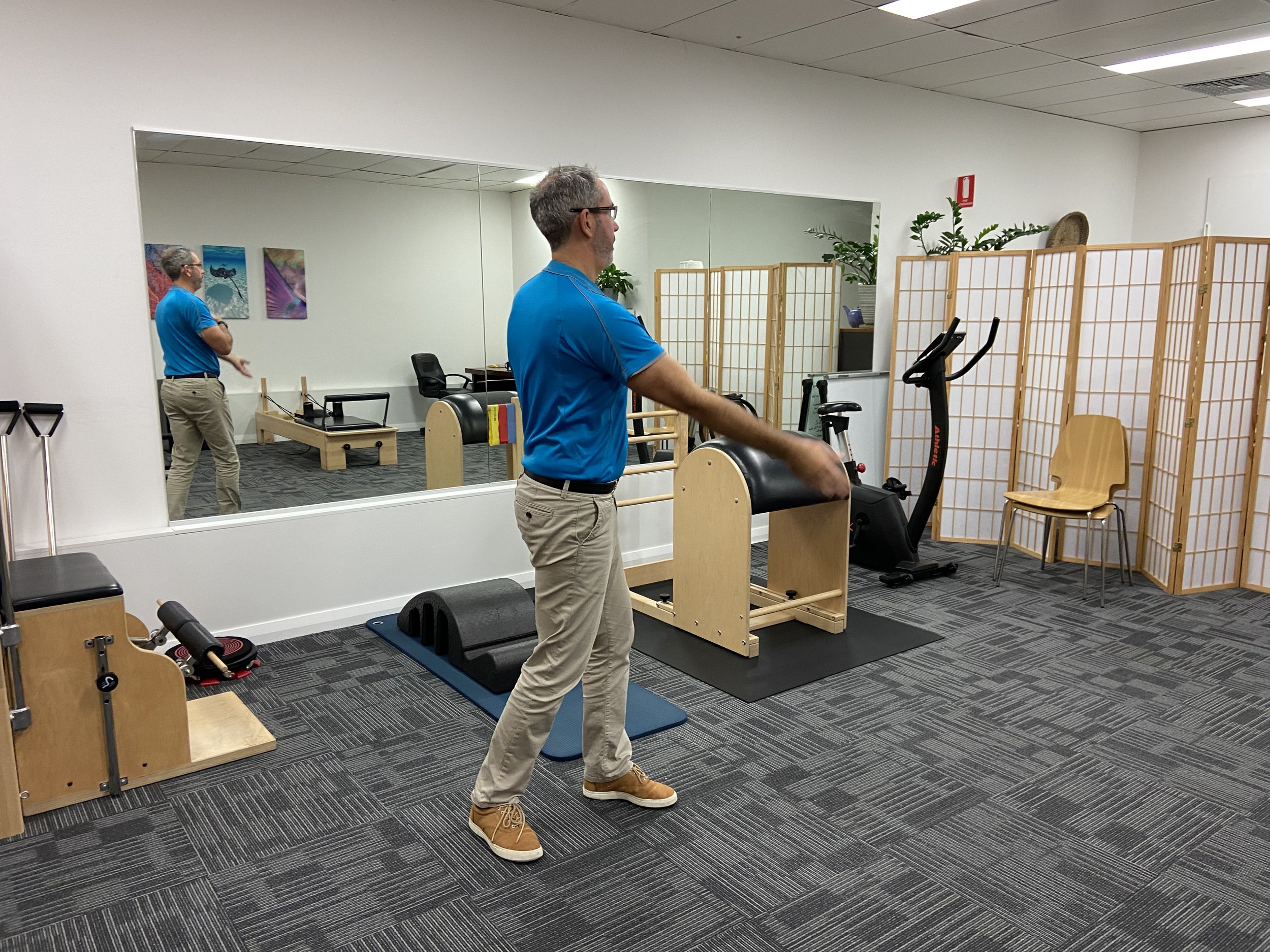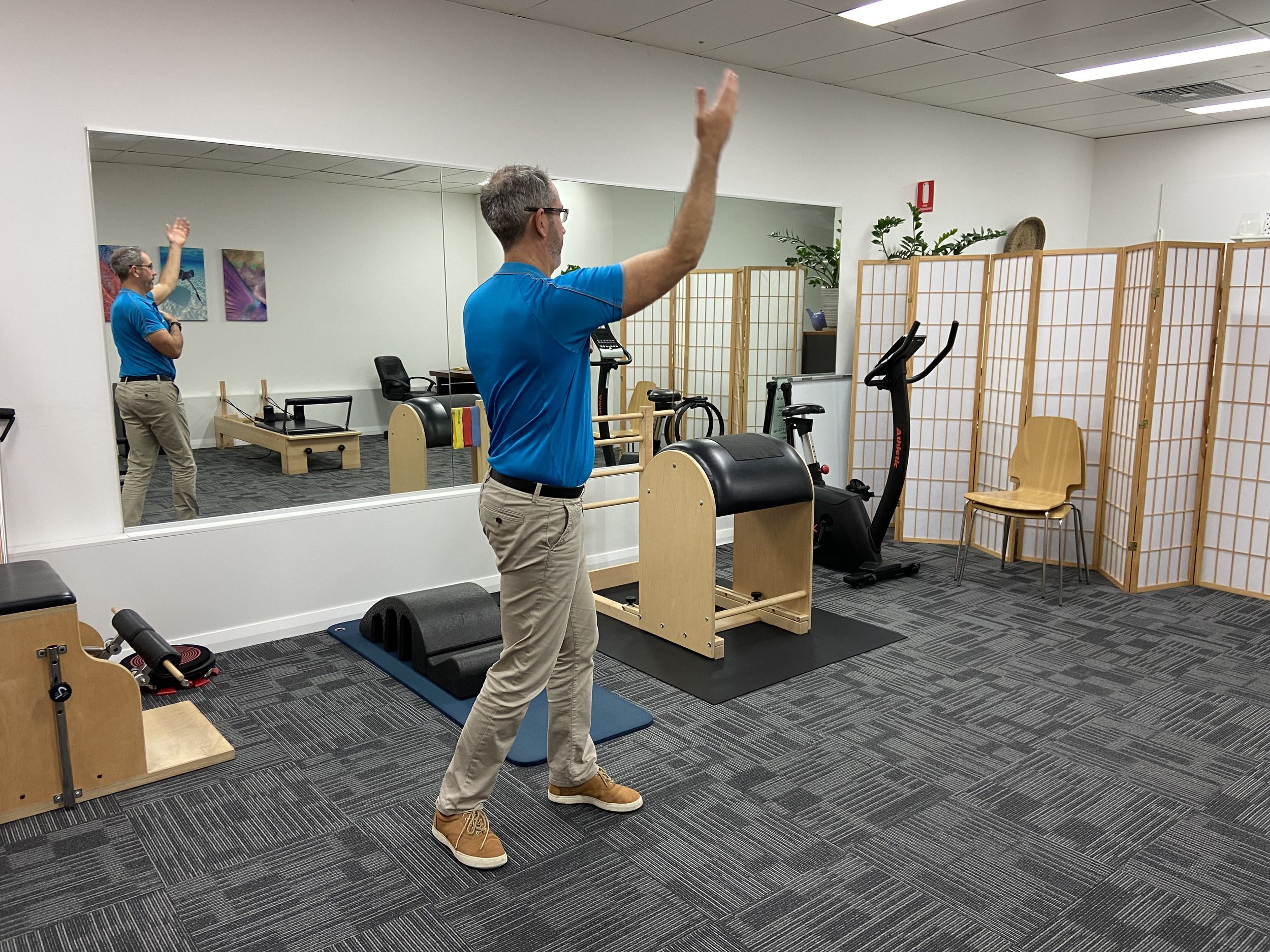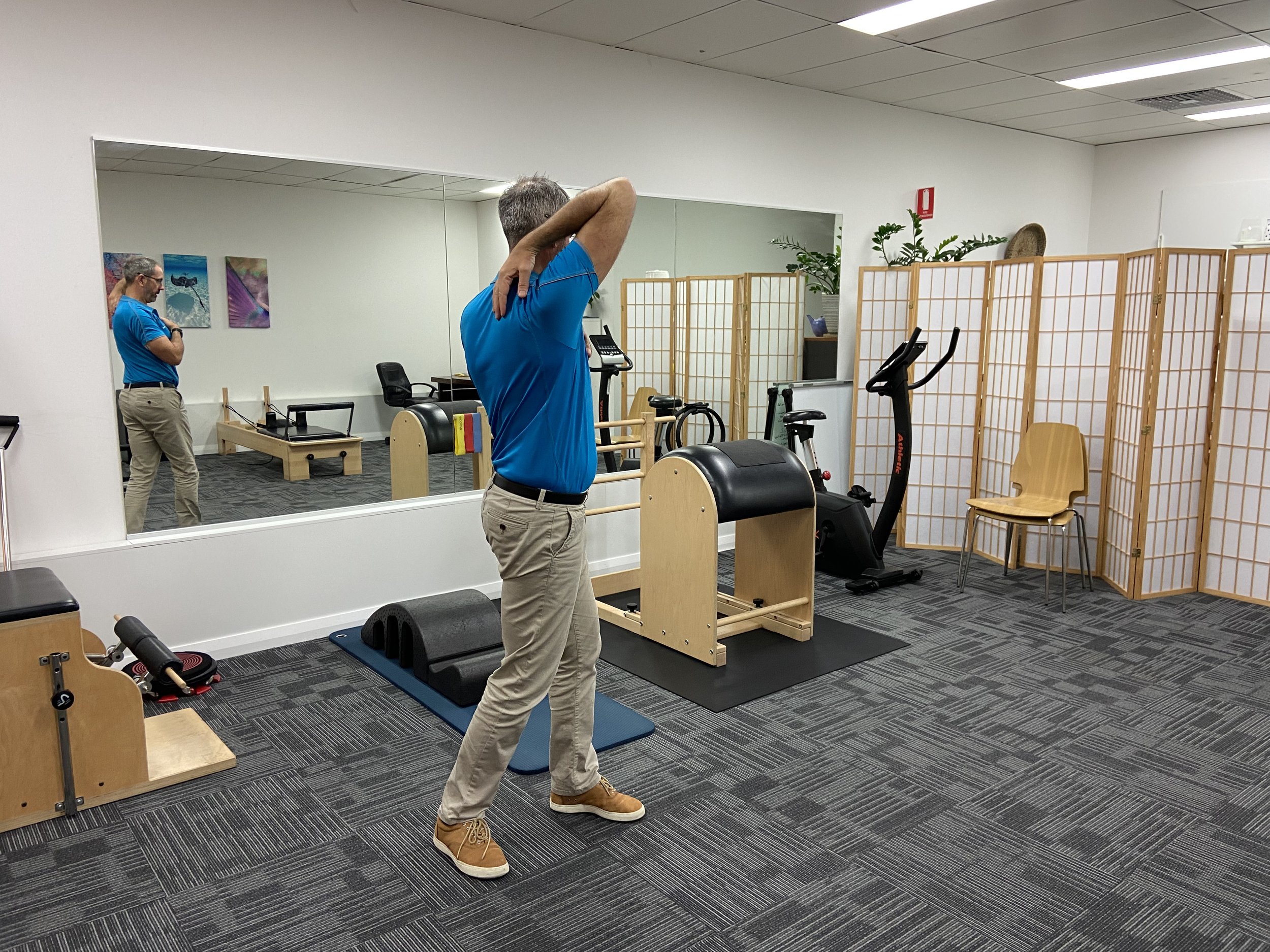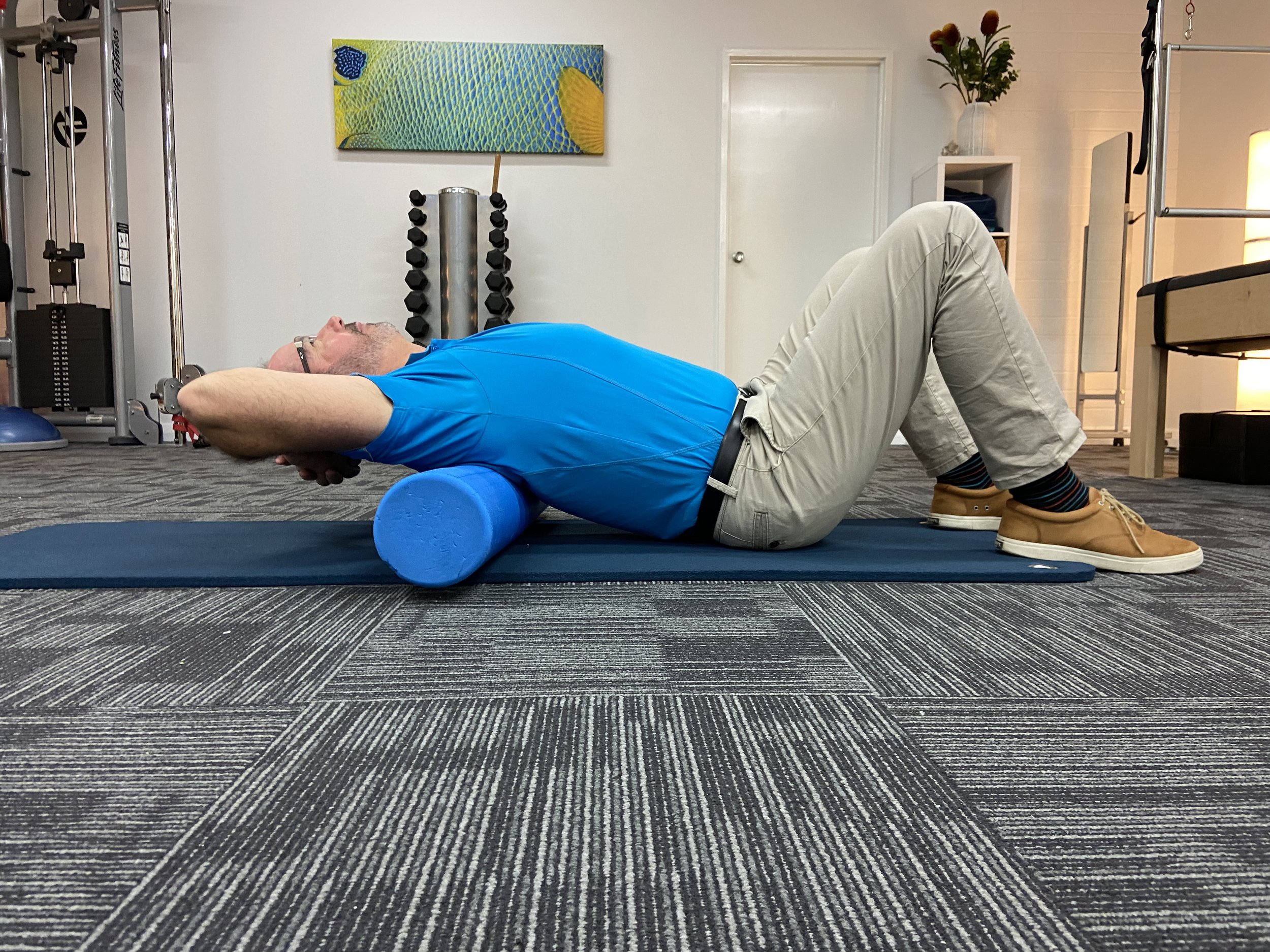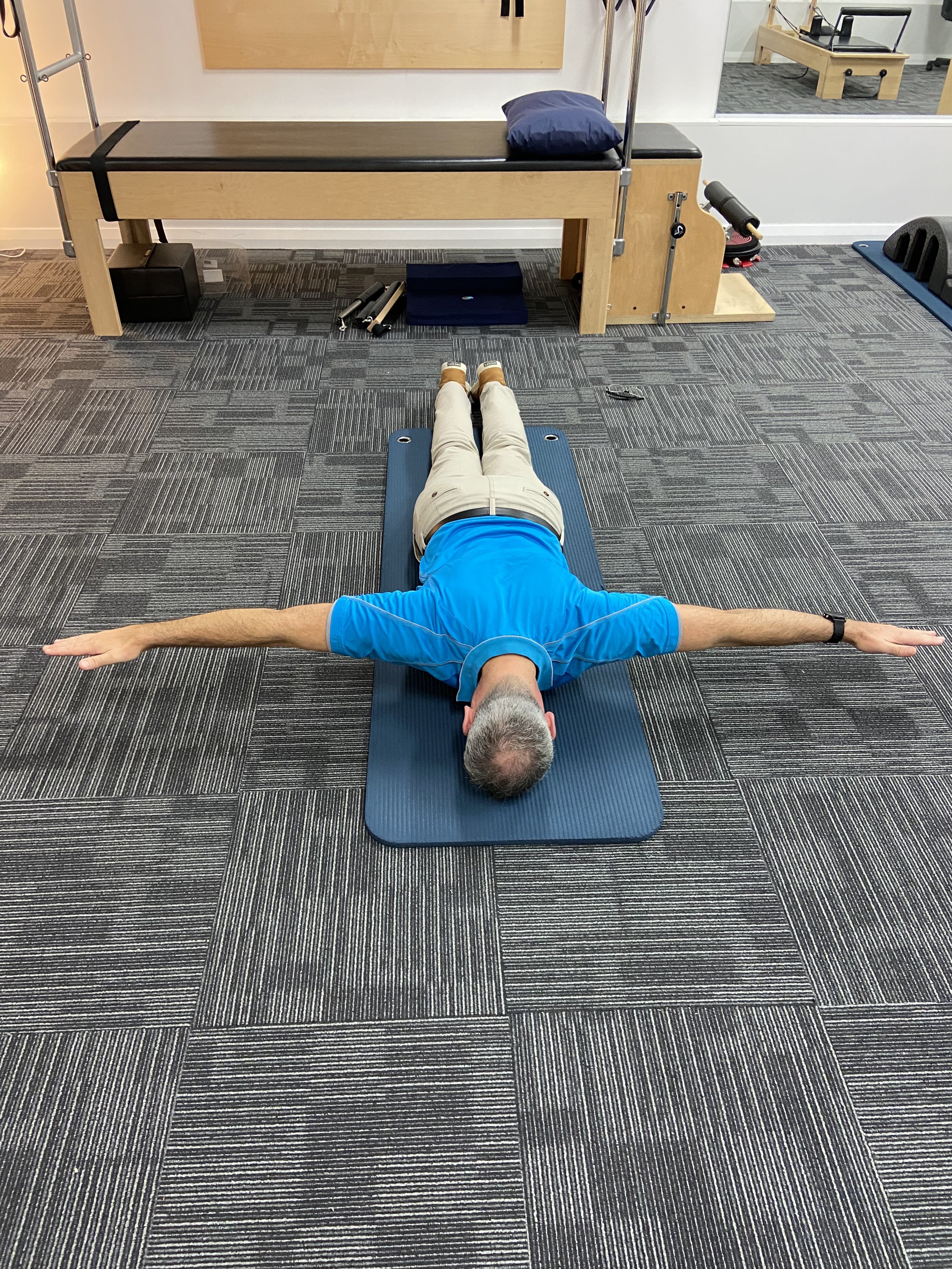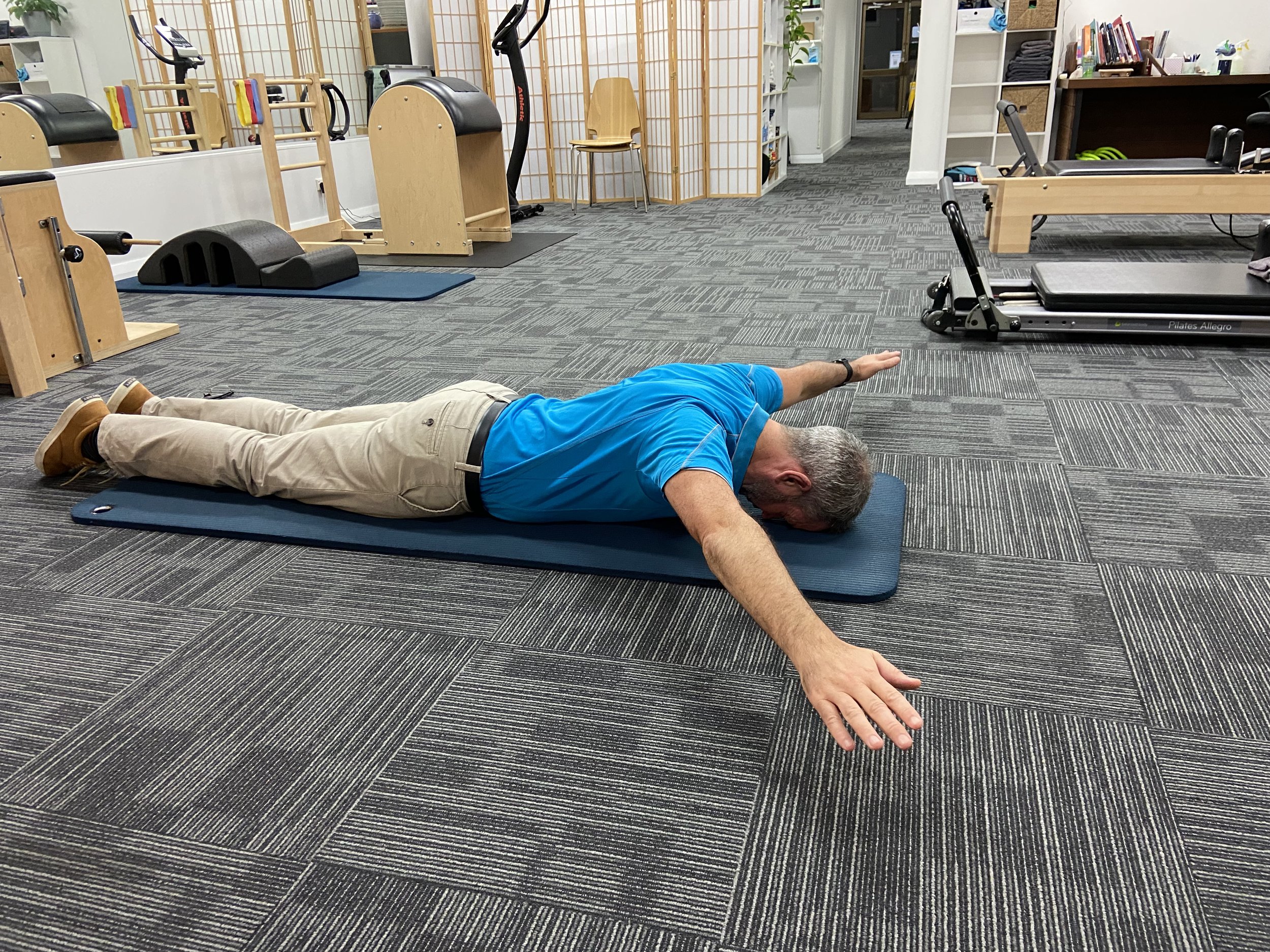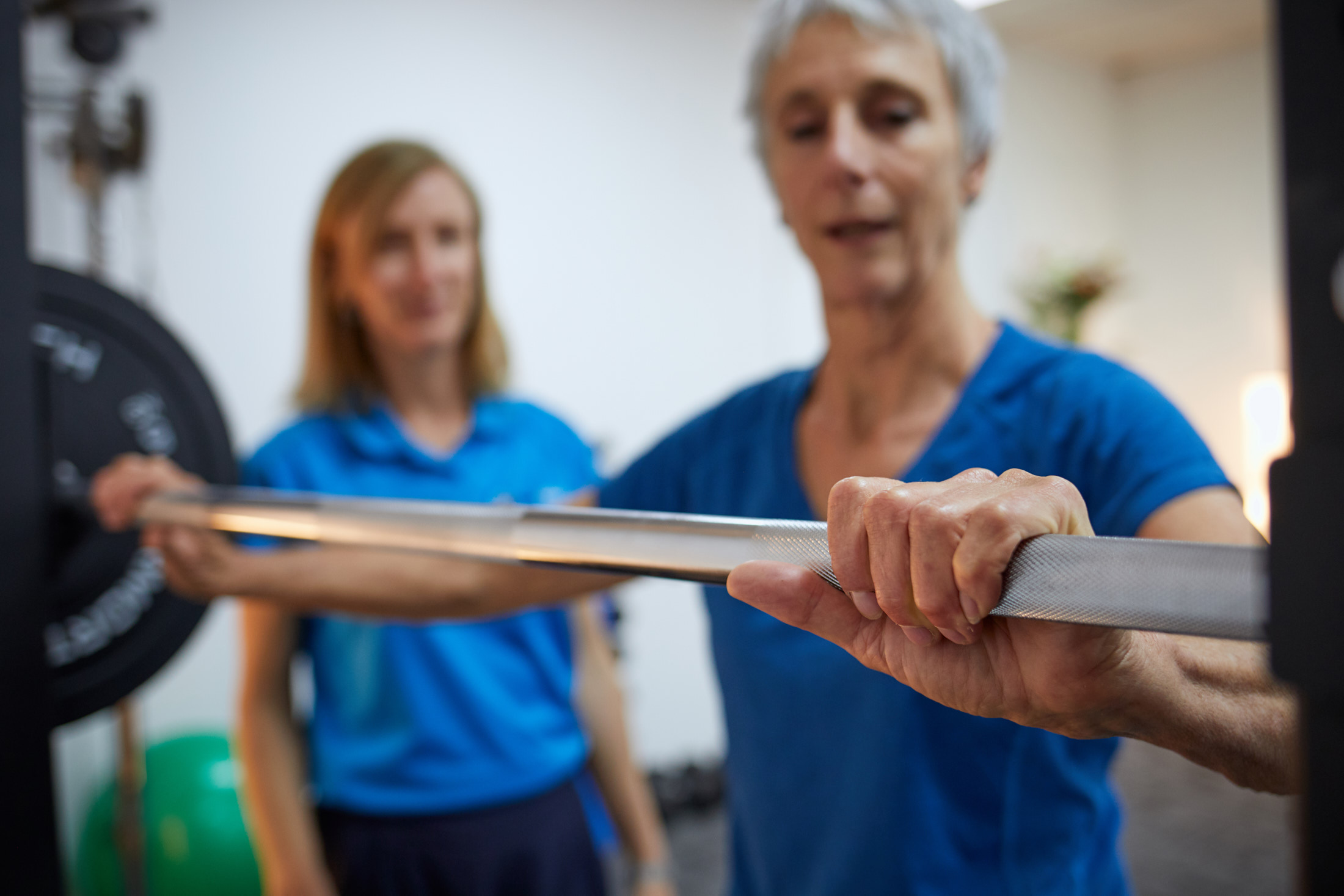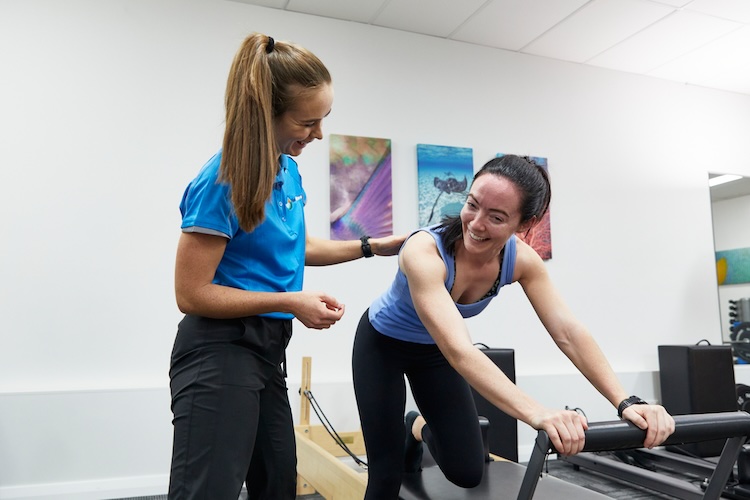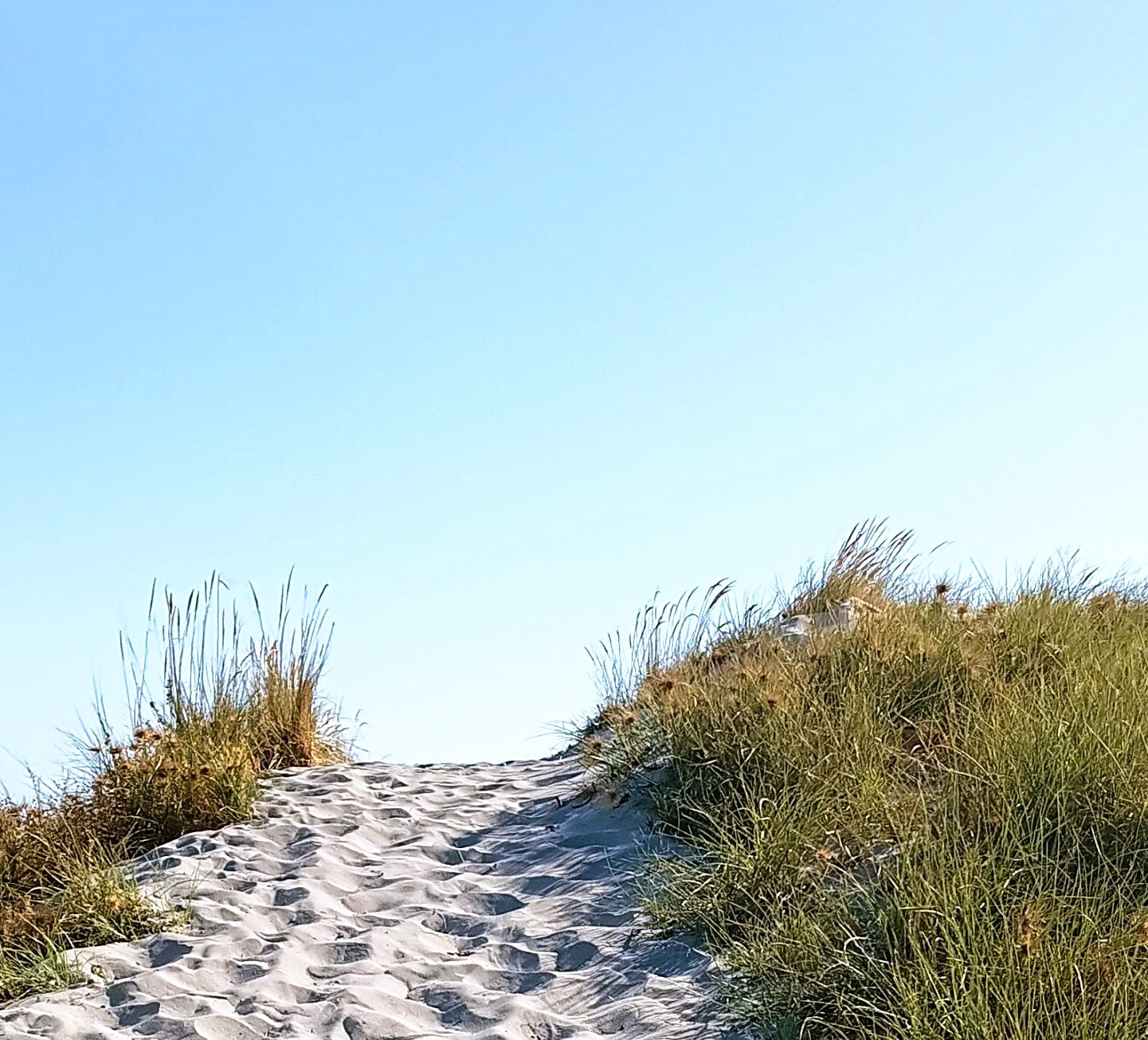Jonathan Wray (FACP) Specialist Physiotherapist O’Connor (Fremantle)
Physiotherapy for shoulder pain
Insights and tips to help keep you in the water and injury free
I’ve always loved being in the water.
I’ve been surfing for over 30 years now and have been lucky to travel surfing through Europe, S.E Asia, New Zealand and Australia. I’m currently teaching my kids to surf and enjoy the fact that we can go on surf trips as a family and have fun together in the waves. However, like me, I see a lot of people that have been surfing all their life and as they grow into their 40’s 50’s and beyond are finding that shoulder pain is starting to hold them back.
Whether it’s that yearly trip to the wave rich Northwest of W.A or a surf mission to Indo, questions start to rise in the back of the mind as to whether you will really be able to get the most out of these trips or whether shoulder pain is going to hold you back.
Surfers Shoulder
Shoulder pain is common amongst surfers and can be a real issue and limiting factor in a surf session.
We need to use our arms and shoulders to paddle out to the surf as it’s our primary method of propulsion. We then need to use our arms and shoulders to quickly accelerate by paddling hard to catch a wave and then perform an explosive press up to get to our feet. Any pain or discomfort can have a serious effect on some or all these processes.
I’ve written a more extensive blog on shoulder pain which you can access here but I wanted to share with you a few top tips for keeping your shoulders in check so you can keep surfing for many years to come!
Like most surfers in Perth, I try to get a few surf trips to the northwest or southwest of W.A to make the most of the world class waves we have in the state. On one of these trips, I was enjoying the last session of the weekend in fun shoulder to head high waves before heading back to Perth. Unfortunately, I fell on a wave whilst doing a round house cut back and my back arm got caught in the face of the wave and was wrenched back. I felt a pop accompanied by excruciating pain and then had difficulty paddling.
I managed to paddle back in, but my shoulder was pretty sore and holding the steering wheel of the car on the drive back to Perth was quite uncomfortable.
Anyway, long story short, after seeing a physio friend, a sports doctor and about 6 weeks of not being able to wash behind my back, I decided to get an MRI scan to see what I had done. There was a bit of a wait for the subsidised scanner so in that time, as I was already training in the gym, I decided to start to really focus on strength and mobility of my shoulder. Well within 2 weeks my symptoms had reduced by 50%!!!!! So, I cancelled the MRI and continued to work on my shoulder in the gym and have never looked back!!!!!
I guess the message that I am trying to convey here is that a lot of shoulder injuries can be successfully targeted and treated by some simple strategies which I want to share with you below.
Simple strategies to target shoulder injuries at home
1. Maintain mobility of your shoulder
Your shoulder is the most mobile joint in the body. However if it’s not moving well, you can put stress on other tissues in the body and this overload can lead to painful symptoms.
Here is simple routine you can use to keep the shoulders mobile. It’s a bit like stretching your arm back and then throwing a ball under arm but following through with the movement to touch yourself on the back.
2. Improving mobility of your upper back
Our shoulders have an intimate relationship with our upper back. The shoulder blade must glide and move on the rib cage so if this is stiff it will have an effect of making it harder to move your shoulder. If you are not sure of what I mean, stand up straight, now lift your arms up over your head.
How does that feel? Ok now sit in a slumped position and really round your upper back, now try lifting your arms over your head. Which one was more difficult? Likely the slumped sitting position.
Try these 2 exercises with either a foam roller or a couple of rolled up beach towels
3. Warming up before your session
Any athlete performs a warmup before taking part in their activity and we should be no different. Warmups prepare the body for activity by stimulating muscle recruitment, mobilizing the joints in preparation for the movements that are about to happen as well as rehearsing movement patterns.
The mobility sequence above is a good place to start.
4. Get strong and maintain that strength with regular training
Professional surfers have realized the key to performance is not just to surf but also to condition the body to maintain its physical preparedness. This is usually done with some dry land training. In surfing the shoulders require endurance and explosive strength. Adding some form of resistance work to your weekly routine is a great way to maintain that physical ready state. Here is one simple routine that you can do to kick things off.
Laying on your stomach hold your hands in each of the three positions with the arms and hands floating off the floor, start with 3 rounds of 10 second holds.
When do you need to see a physiotherapist?
When there is pain and injury involved, nothing replaces the need for a good assessment by an experienced physiotherapist so that treatment can be really targeted to help in your recovery. I have a special interest in treating neck and shoulder pain (and surfing!!!!!!) and my mission is to help people maintain the longevity they want when it comes to surfing and water related activities.
Written by Jonathan Wray (FACP) Specialist Musculoskeletal Physiotherapist (as awarded by the Australian College of Physiotherapists 2020)
Jonathan is director and principal physiotherapist at Next Wave Therapy. He is a clinical tutor on the Master of Clinical Physiotherapy at Curtin University and is also a facilitator for physiotherapists undergoing specialization training. Jonathan is a keen surfer, kite surfer and scuba diver with a special interest in treating neck and shoulder injuries.

